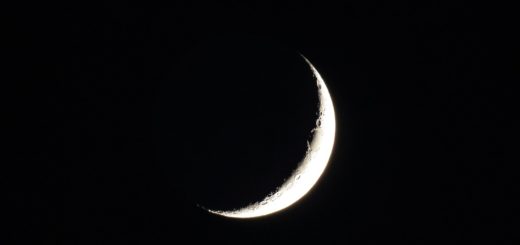Existentialism and Death
The essential philosophic question, according to existentialism — whether it declares itself openly or not — is “Why bother to live?” Or stated more positively, “Why not choose to die?” This question, the existentialists suggest, inevitably arises from history’s revelation that all meaning is illusory, and therefore all answers futile, all purposes contradictory — all life “absurd,” to use the term identified most closely with Camus.
But to choose death over an absurd life would itself constitute a positive answer and a purpose, and would therefore also be, on the existentialists’ own premise, an illusory meaning and an absurdity. Conveniently, however, the leading existentialists never actually choose death. They always find a tidy way out of that intellectual cul de sac. But the question of whether to bother living remains central in their arguments, even as they cleverly talk themselves away from the window ledge — and, typically, into the “freedom” of self-indulgence and pleasure unrestrained by all those supposedly meaningless social taboos that ordinary men hide behind to avoid the alleged certainty of nihilistic absurdity.
In the end, existentialists are merely melancholics obsessed with the fact of death, which explains their obsessive (though indirect) craving for it, as the thought of continuing to live with this fact is almost more than they can bear. But all philosophers are melancholics. The difference, then, lies in the fact that all philosophers are not subject to the reason-corrupting death anxiety that forms the core of the existentialists’ view of reality. The ostensible cause of this anxiety, according to the existentialists, is the final revelation of life’s purposelessness, which they “establish” in the only way possible to reason, namely by cataloguing all of men’s failures to find a definitive purpose so far, and then adducing this catalogue of failures as evidence against the possibility of ever finding one. This is the logical equivalent of a marathon runner, in the overheated exhaustion of climbing a long and difficult hill, conveniently convincing himself that the finish line will never come, and therefore that he may as well just let himself fall by the side of the road. There is no revelation or ultimate insight in such thinking, but only a subjective condition of despondency, leading to what Socrates, in the Phaedo, calls misology — hatred for reason itself, resulting from the disillusionment of an immature thinker who has lost faith, as it were, after watching many promising arguments fail. In other words, the existentialists’ special claim to the quasi-wisdom of a reason-obliterating anxiety — the anxiety of man trapped with his mortality in an absurd universe — may in practice amount to nothing more than a peculiar weakness of intellectual will, a weakness so overwhelming that merely achieving the minimal strength necessary to resist the impulse to give up and die becomes, in itself, a source of liberation, meaning primarily freedom from all obligations of rational thought, all responsibilities of private life, all moral self-doubts, and all social self-restraint.
All philosophers are melancholics. But not all melancholics crave death (liberation from the responsibilities of life), whether literal or figurative. Only the ones who have succumbed to permanent agitation at the thought of that abyss they occasionally believe they have discovered crave that. The rest move on from those abysmal shivers, back to a presumed world of purpose that undergirds their efforts to “practice dying” (as Socrates describes it) from the perspective of life, just as the presumed world of absurdity undergirds the existentialists’ efforts to practice living from the perspective of death.



